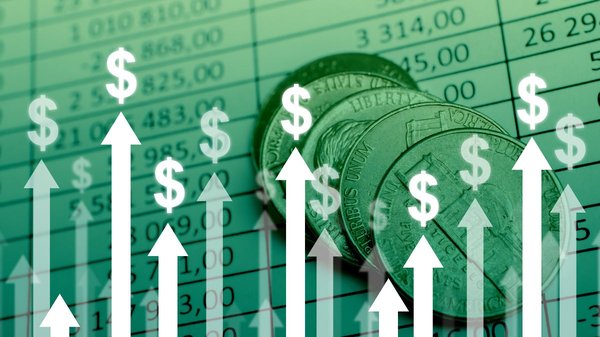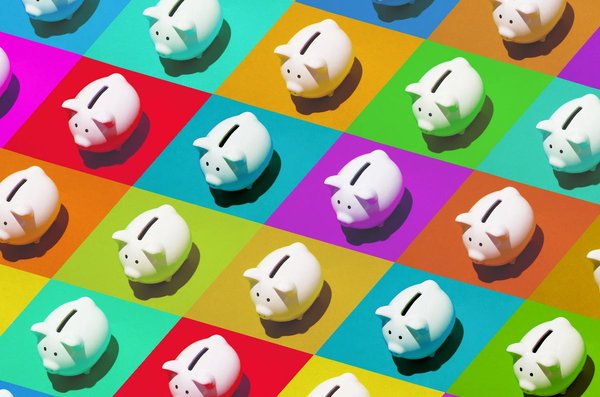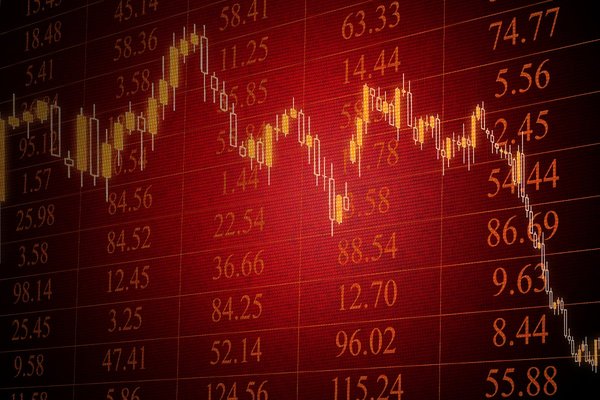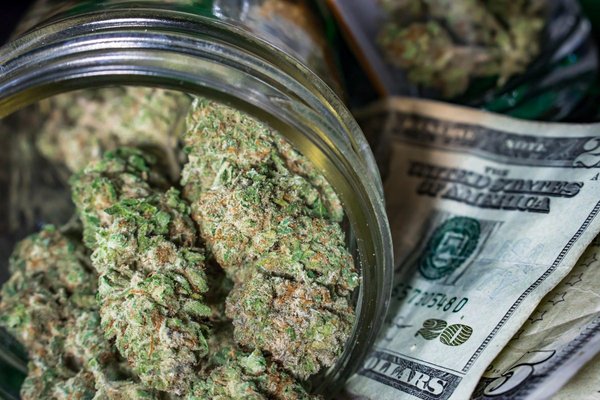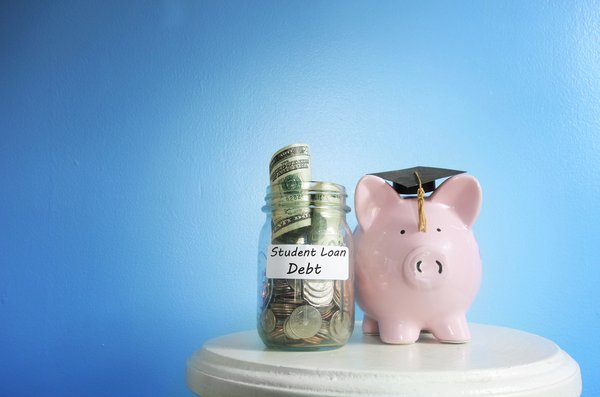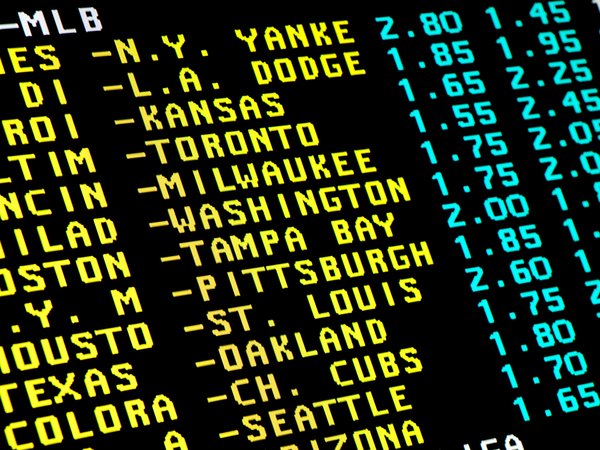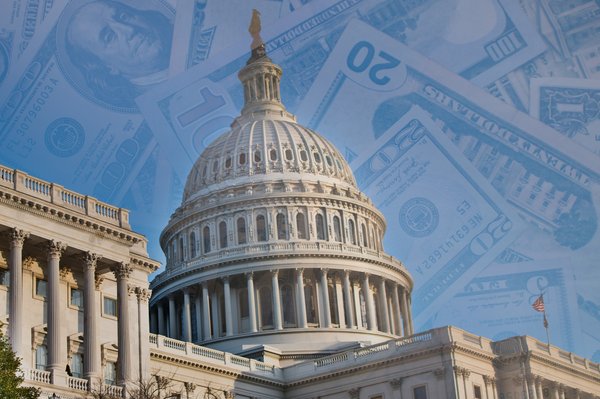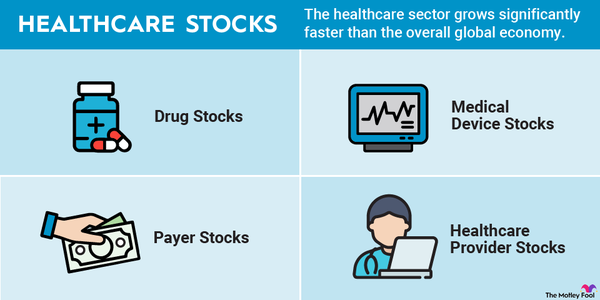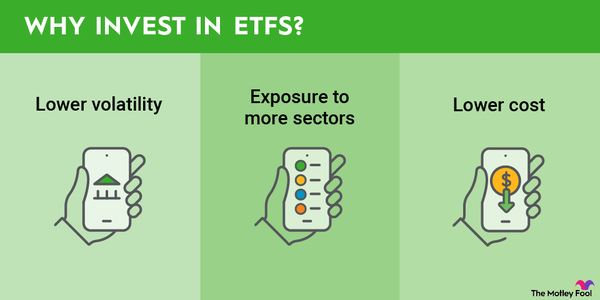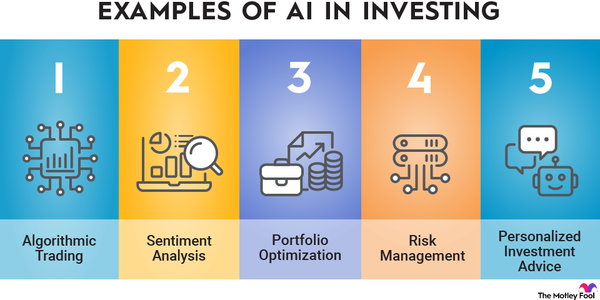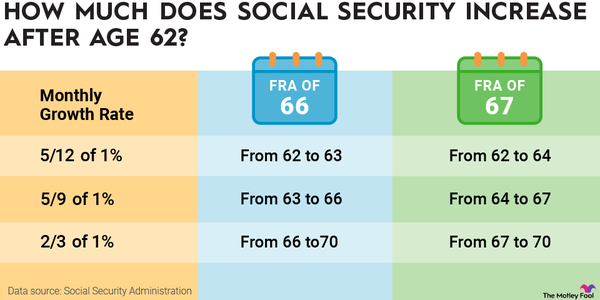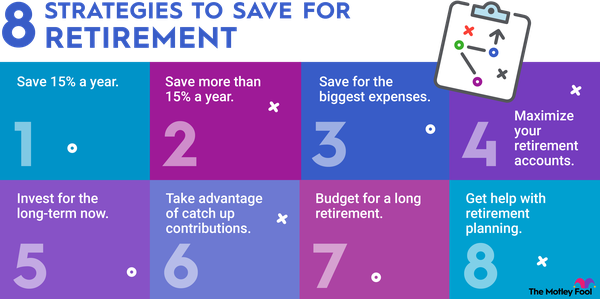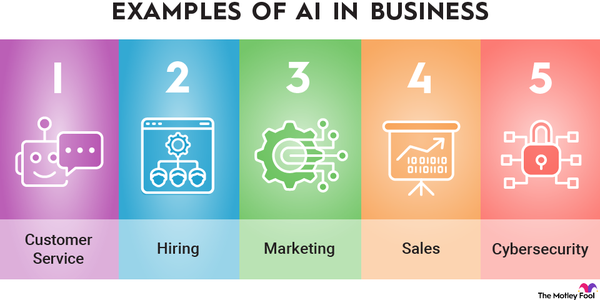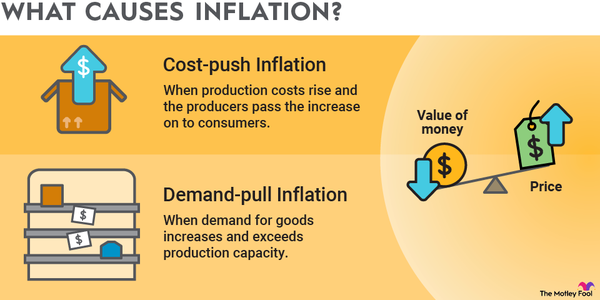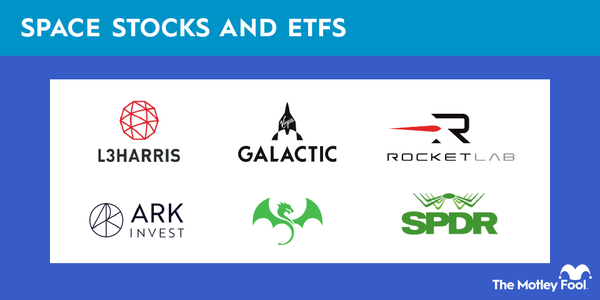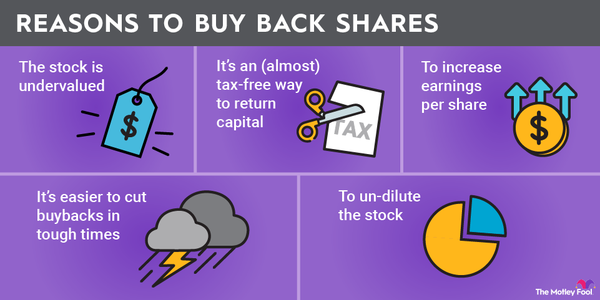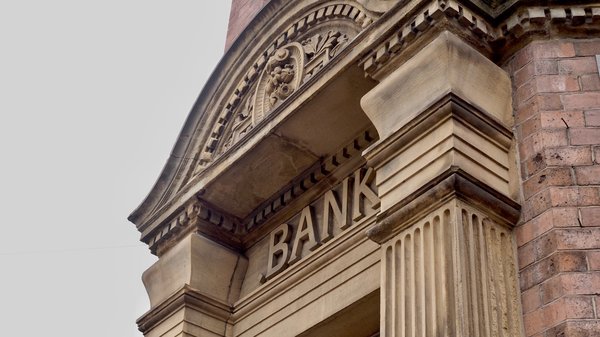Amazon (NASDAQ:AMZN) tops the list of the largest consumer discretionary companies, followed by Tesla (NASDAQ:TSLA) and The Home Depot (NYSE:HD). This market sector's leaders include e-commerce companies, automakers, retailers, and restaurants, but it's dominated by Amazon and Tesla.
(Editor's note: Rankings are as of April 1, 2025.)
Largest consumer discretionary companies
Largest companies by market cap in the consumer discretionary sector
| Name and ticker | Market cap | Current price | Industry |
|---|---|---|---|
| Amazon (NASDAQ:AMZN) | $1.9 trillion | $174.96 | Internet and Direct Marketing Retail |
| Tesla (NASDAQ:TSLA) | $777 billion | $241.26 | Automobiles |
| Home Depot (NYSE:HD) | $344 billion | $346.27 | Specialty Retail |
| Alibaba Group (NYSE:BABA) | $256 billion | $106.98 | Internet and Direct Marketing Retail |
| Toyota Motor (NYSE:TM) | $229 billion | $175.14 | Automobiles |
| McDonald's (NYSE:MCD) | $221 billion | $309.01 | Hotels, Restaurants and Leisure |
| PDD Holdings (NASDAQ:PDD) | $128 billion | $92.45 | Internet and Direct Marketing Retail |
| Booking Holdings (NASDAQ:BKNG) | $149 billion | $4,541.65 | Internet and Direct Marketing Retail |
| TJX Companies (NYSE:TJX) | $141 billion | $126.27 | Specialty Retail |
| Lowe's Companies (NYSE:LOW) | $120 billion | $214.55 | Specialty Retail |
1 - 5
1. Amazon
- Market cap: $2.04 trillion (as of April 1)
- Revenue (TTM): $638.0 billion
- Gross profit (TTM): $307.3 billion
- Five-year annualized return: 15.18%
- Year founded: 1994
While it was originally an online bookstore, Amazon is now the most successful e-commerce company in the world. It also has a streaming service, Amazon Prime Video, which is available to the more than 200 million Amazon Prime members. It owns Whole Foods Market and Twitch, a video game streaming service, and Amazon Web Services (AWS) is the largest cloud provider.
Since 2023, Amazon has been embroiled in an antitrust lawsuit with the Federal Trade Commission (FTC). It alleges that Amazon took part in anticompetitive practices. A judge dismissed some of the FTC's claims in September 2024, and the rest of the case is ongoing.
2. Tesla
- Market cap: $847.71 billion (as of April 1)
- Revenue (TTM): $97.7 billion
- Gross profit (TTM): $17.4 billion
- Five-year annualized return: 50.29%
- Year founded: 2003
Tesla is the second-largest manufacturer of elective vehicles (EVs), behind only BYD Company (OTC:BYDD.Y) in China. It has released several popular cars, most notably the Model Y, and it also makes solar roofs, solar panels, and its Powerwall integrated battery system.
Although Tesla is the world's most valuable automaker, it has faced backlash in 2025 as co-founder and CEO Elon Musk has become active in politics. There have been Tesla boycotts and vandalism of Tesla vehicles.
3. Home Depot
- Market cap: $356.01 billion (as of April 1)
- Revenue (TTM): $159.5 billion
- Gross profit (TTM): $52.6 billion
- Five-year annualized return: 16.19%
- Year founded: 1978
Home Depot operates home improvement stores with over 2,300 locations in the U.S., Canada, and Mexico. It sells building materials and home improvement products, and it has tool and equipment rentals available.
Home Depot serves both DIY and professional customers. In 2024, it acquired SRS Distribution to expand its offerings for professional contractors.
4. Alibaba Group
- Market cap: $317.09 billion (as of April 1)
- Revenue (TTM): $135.3 billion*
- Gross profit (TTM): $52.0 billion*
- Five-year annualized return: -6.17%
- Year founded: 1999
*Converted from Chinese yuan.
Alibaba is an e-commerce company that originally focused on business-to-business (B2B) sales. It later expanded to business-to-consumer (B2C) and consumer-to-consumer (C2C) sales, eventually becoming the largest e-commerce company in China.
In addition to online retail, Alibaba has branched out into financial services, media, and artificial intelligence (AI). It has an AI model, Qwen, and an AI assistant tool called Quark.
5. Toyota
- Market cap: $234.23 billion (as of April 1)
- Revenue (TTM): $309.7 billion*
- Gross profit (TTM): $65.4 billion*
- Five-year annualized return: 10.09%
- Year founded: 1937
*Converted from Japanese yen.
In terms of production, Toyota is the top automaker in the world. It typically makes more than 10 million new vehicles per year.
Toyota's lineup includes cars, trucks, SUVs, hybrids, and EVs. Its bestselling vehicle is the Toyota Camry, and its other popular vehicles include the Corolla, Tacoma, 4Runner, and the RAV4.
6 - 10
6. McDonald's
- Market cap: $219.40 billion (as of April 1)
- Revenue (TTM): $25.9 billion
- Gross profit (TTM): $14.5 billion
- Five-year annualized return: 15.99%
- Year founded: 1940 (original restaurant chain), 1955 (McDonald's Corporation)
An iconic fast food chain, McDonald's has more than 40,000 restaurants in more than 100 countries. That makes it the second-largest fast food company by number of locations.
McDonald's gets its name from Richard and Maurice McDonald, who founded the company in 1940. Businessman Ray Kroc partnered with the brothers in 1954 and convinced them to start franchising. Kroc purchased the business in 1961.
7. PDD Holdings
- Market cap: $167.28 billion (as of April 1)
- Revenue (TTM): $54.3 billion*
- Gross profit (TTM): $33.1 billion*
- Five-year annualized return: 27.77%
- Year founded: 2015
*Converted from Chinese yuan.
PDD Holdings is a Chinese holding company that owns multiple e-commerce businesses. The most notable businesses in its portfolio are Temu and Pinduoduo. They're both online discount marketplaces, with Temu focusing more on international business and Pinduoduo on customers in China.
In 2023, PDD Holdings moved its legal domicile from China to Ireland. The move coincided with a marketing push to build Temu's brand in the U.S.
8. Booking Holdings
- Market cap: $152.07 billion (as of April 1)
- Revenue (TTM): $23.7 billion
- Gross profit (TTM): $23.2 billion
- Five-year annualized return: 30.10%
- Year founded: 1996
Booking Holdings is a leader in the travel industry. It owns several well-known online travel agencies (OTAs), including Booking.com, Priceline, Kayak, and Agoda. It also owns OpenTable, an online restaurant reservation service.
Thanks to its massive brand portfolio, Booking Holdings booked more than 1 billion room nights in 2023. It also facilitated 36 million flight tickets and 74 million rental car days. Booking Holdings makes most of its revenue through commissions it charges on reservations.
9. The TJX Companies
- Market cap: $132.89 billion (as of April 1)
- Revenue (TTM): $56.4 billion
- Gross profit (TTM): $28.6 billion
- Five-year annualized return: 21.90%
- Year founded: 1987
The TJX Companies operates more than 5,000 off-price retail stores in nine countries. Its flagship chain is TJ Maxx, and other notable brands include Marshalls and Home Goods.
This retailer is known for offering marked-down prices on brand-name merchandise and for its unique "treasure hunt" shopping experience. The TJX Companies sources items from more than 21,000 vendors and prioritizes carrying a variety of products over having a full stock, so the selection frequently changes.
10. Lowe's Companies
- Market cap: $127.85 billion (as of April 1)
- Revenue (TTM): $83.7 billion
- Gross profit (TTM): $27.4 billion
- Five-year annualized return: 23.47%
- Year founded: 1921
In business for more than a century, Lowe's used to be the largest home improvement retailer in the U.S. It's currently second to Home Depot, and it has over 1,700 locations open across the U.S. Lowe's previously operated internationally, as well, before shutting down operations in Australia, Mexico, and Canada.
Like Home Depot, Lowe's serves homeowners and professional contractors. Products include building materials, tools, appliances, and lawn and garden equipment.
Related investing topics
Takeaways
Consumer discretionary sector takeaways for investors
As the largest consumer discretionary companies demonstrate, a strong brand is extremely valuable in this market sector. Several of the businesses on this list have well-established brand names that most consumers would immediately recognize.
Investors should also look for companies that have carved out success in a specific niche. Tesla's dominance in the EV market is one example, as is The TJX Companies and how it has become a leader in off-price retail.
Another way to find winning consumer discretionary stocks is to go with companies that have cornered the market. Amazon, McDonald's, and Booking Holdings are all examples of companies that have gained dominant market shares in their respective industries.
John Mackey, former CEO of Whole Foods Market, an Amazon subsidiary, is a member of The Motley Fool’s board of directors. Lyle Daly has positions in Tesla. The Motley Fool has positions in and recommends Amazon, Booking Holdings, Home Depot, TJX Companies, and Tesla. The Motley Fool recommends Alibaba Group, BYD Company, and Lowe's Companies. The Motley Fool has a disclosure policy.
















